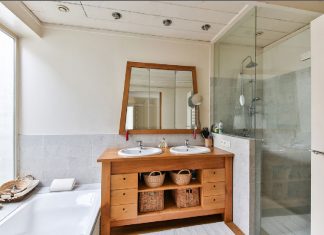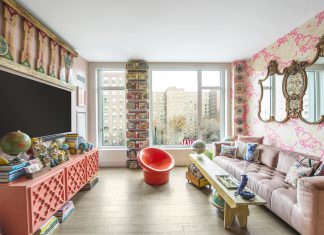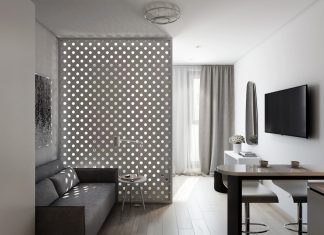In the world of interior design, every element within a space plays a crucial role in shaping its ambiance, functionality, and overall aesthetic. While grand architectural features and statement furniture pieces often steal the spotlight, the smaller, often overlooked details truly elevate a design from ordinary to extraordinary. In this exploration of design philosophy, we delve into the significance of thoughtful furniture components and their profound impact on our spaces.
The Essence of Design Harmony
A commitment to craftsmanship and attention to detail lies at the heart of exceptional interior design. It’s about more than just selecting furniture for its functionality; it’s about curating pieces that contribute to the narrative of a space, enhancing its character and reflecting the personality of its occupants. From the curve of a chair arm to the finish of a tabletop, every aspect of furniture design is an opportunity to express creativity and intentionality.
Finding Balance Through Proportion
Consider, for example, the concept of balance and proportion. In a well-designed room, each piece of furniture should serve its intended purpose and harmonize with its surroundings in terms of scale and visual weight. A carefully chosen coffee table can anchor a seating area, providing a central focal point without overwhelming the space. Here, we begin to appreciate the role of thoughtful furniture components in achieving spatial harmony.
Materials Matter
Moreover, the materials used in furniture construction carry significant weight in defining its aesthetic appeal and longevity. Natural wood grains exude warmth and character, while sleek metal accents introduce a contemporary edge. Metal table legs are a great example. These understated yet integral components provide essential structural support and contribute to a piece’s overall design language. Though often overlooked, their presence adds a touch of industrial sophistication, balancing the organic textures of wood or the clean lines of modern design.
Functionality and Comfort
In pursuing timeless elegance, attention to detail extends beyond mere visual appeal to encompass functionality and comfort. Ergonomics play a pivotal role in ensuring that furniture looks good and feels good to use. From the angle of a chair back to the height of a desk, every aspect of furniture design should be carefully considered to enhance the user experience.
Sustainability in Design
Furthermore, sustainability has become increasingly central to contemporary design practices. As awareness of environmental issues grows, so does the demand for ethically sourced materials and eco-friendly manufacturing processes. Thoughtful furniture components align with this ethos, allowing conscientious consumers to make environmentally responsible choices without compromising style or quality.
A Historical Outlook on Furniture Design
To truly appreciate the evolution of thoughtful furniture components, it’s essential to delve into the rich history of furniture design. From ancient civilizations’ ornate craftsmanship to the modern era’s sleek minimalism, furniture has always reflected cultural values and technological advancements. In every era, designers have grappled with the balance between form and function, leaving behind a legacy of innovation and inspiration.
Ideas for Implementation in Modern Interior Design
The timeless appeal of thoughtful furniture components remains constant in today’s fast-paced world, where trends come and go with dizzying speed. Whether you’re designing a cozy living room or a sleek office space, there are countless opportunities to incorporate these elements into your vision. Consider mixing materials for added visual interest, combining natural textures with metallic accents for a contemporary twist. Experiment with different proportions to create dynamic focal points within a room, or embrace sustainability by choosing pieces crafted from reclaimed materials.
Conclusion
In conclusion, interior design cannot overstate the significance of thoughtful furniture components. From the meticulous craftsmanship of artisanal pieces to the sustainable sourcing of materials, every decision made in the design process contributes to creating spaces that are as functional as they are beautiful. So, the next time you admire a well-appointed room, take a closer look at the small details—these subtle elements often make the biggest impact.














